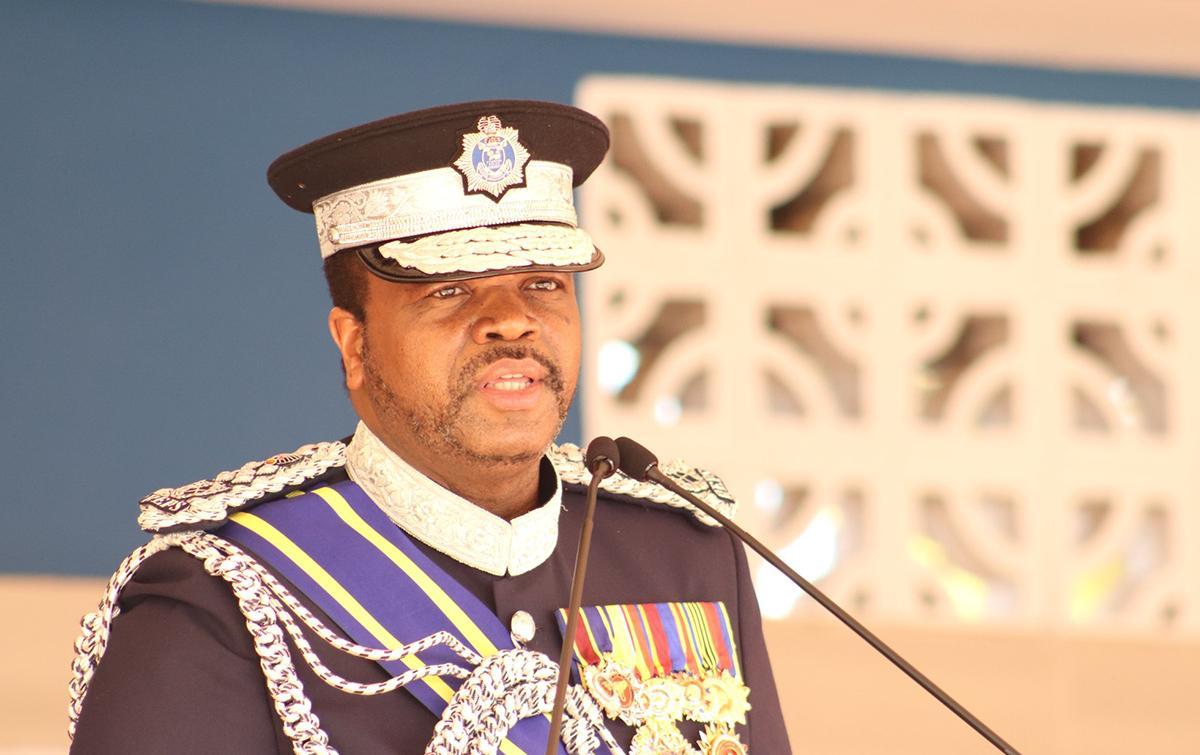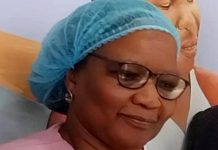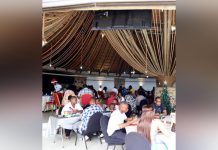Africa-Press – Eswatini. Despite a specific call to nominate and vote for women by His Majesty the King, the figure still shows a shallow head to that call.
This is also despite the fact that there was a higher voter registration by women than men. There is no doubt that we need women in all levels of our political structures, be it bucopo, indvuna yenkhundla, or Members of Parliament (MPs). Women have shown that they are capable numerous times when they have been given the chance. In fact, one could go on and guess that the nation is losing a very valuable part of its natural capacity. Women know the problems of each community and the solutions better than even most men. They live within communities and suffer firsthand problems with their communities. Clearly, it is not in our interest to maintain this status quo as a nation. What could be the problem and how can the solution be found? In order to find the solution, we must try and find the root cause of the problem, which can be found deep in our traditions, culture and norms.
Our traditions, culture
Our political system is deeply embedded in our culture and our traditions. There are practices in our culture and traditions that are seemingly clashing with our political freedoms and beliefs, particularly the respect for and of women. The way a respectful liSwati woman is expected to address men in public is different than what a male liSwati would do. There is a certain place reserved for women within our culture and our traditions; and it is unfortunately not in political leadership except as a supporting position to a male child such as in positions of the appointment of chiefs and traditional leaders. How can we then bridge this cultural gap? As with all problems we need to sit down and unpack the problem in depth. I can think of a few that I would like to unpack and discuss in depth.
Marital status
Traditionally the marital status of a woman is very important when considering her for a leadership position. Indeed, it is the same for men but more so for women. This means that if the woman is married, she must get consent from her husband and more importantly her husband’s family, which obviously includes her mother in-law and sisters in-law. I specifically mention mother in-law and sisters in-law because they are usually the biggest challenge faced by any woman seeking political office. She will become a community leader and must command respect above her own family. Her husband might gladly give his consent but the family could refuse, openly or secretly hoping she fails. Most women marry outside the home area. This means they are not known initially within their new marital area except through their new family. Their family history and reputation can affect her positively or negatively as she seeks political office.
Single, divorced or widowed women face even more daunting challenges as opposed to their male counterparts. The traditional perception works heavily against this group of women. She must be particularly strong and resilient to stand and win. Some would go as far as accusing her of ‘sleeping’ with someone or another to get to high political office. They are almost always accused or suspected of some form of infidelity even where there is no basis for such accusations. And they have to deal with the constant sexual advances from every side, which, as they refuse, leaves them with secret enemies both from the male making the advances and from the male’s partner (wife or girlfriend), who immediately blames her.
Financial challenges
Seeking political office has become very expensive in Eswatini. As mentioned earlier, the woman must seek consent from her husband and family, which consent must come with financial support in many cases, within rural areas at least. There are no guarantees that she will win, just as there is no guarantee for the male candidate, which means taking a serious gamble with family money. This is not to say that there are no women with serious money of their own but these women are mostly found in towns and cities and fall in the bracket of single, divorced or widowed in many cases. Professional women with husbands and money face difficulty in getting consent from their husbands who feel insecure about allowing their wives to mingle in public office with men in most cases more powerful than they are. The sexual advances intensify as they deal with arrogant, successful men who feel a level of entitlement towards the female because of their success.
Most women have managed to juggle these challenges, however, some have given up under pressure and have found themselves falling victim to these male predators and have given women a bad name. There are, of course, ladies who have allowed power to go into their heads, as the saying goes, and have bullied their husbands and even families. There are families where nothing goes without her say; prompting some women to say that there is nothing more difficult than a woman in power pacifically against other women. They can be very brutal and heartless, and the women seem to know and maybe that is one of the reasons they don’t nominate or vote for each other.
12 females from regions
Whatever the challenges, we must manage the situation as a nation and put in place strategies that can harness the brain power of women towards the development of our nation. We might not have solutions, but we can start by understanding the problem and not just throwing money into advertising and giving political speeches only. My suggestion would be to increase the number of women elected through the regions, possibly to three per region, adding 12 female MPs. This would break each of the four regions into three to cover more ground and would bring us closer to the percentage requirement of female representation.
Source: times
For More News And Analysis About Eswatini Follow Africa-Press







